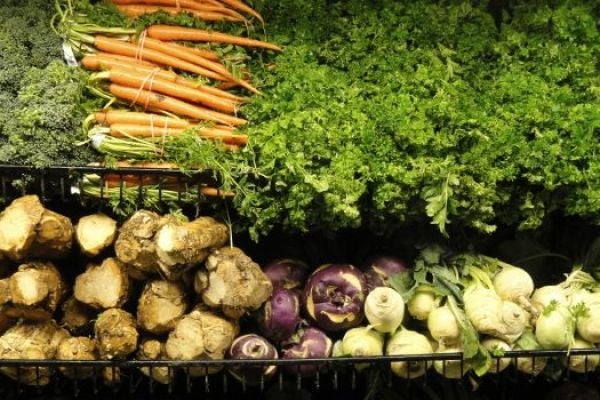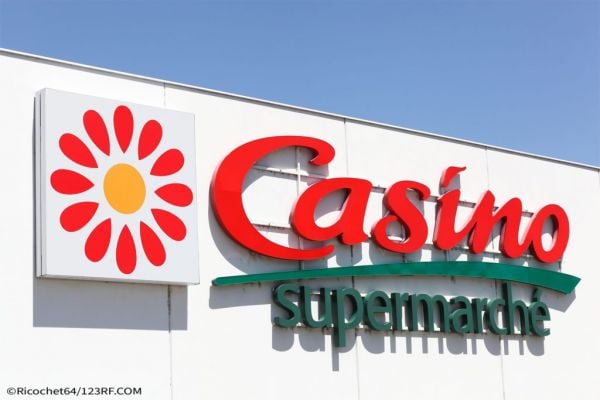In its last issue, ESM launched its annual report, The Road Ahead, which explores what the coming 12 months will have in store for some of Europe’s leading publicly listed retailers and consumer goods firms.
You can read the full report in the latest edition of ESM.
In the meantime, let's look at some of the key trends explored by the analysts we spoke to.
1. Cost Control
Not surprisingly, inflation is expected to be a dominant and central theme for at least half of the current year, if not longer.
Consumer goods firms have thus far been able to demonstrate versatility in dealing with the associated challenges, and it seems likely that this will be maintained over the next few months, albeit with an impact on margins.
2. Expect The Unexpected
The grocery sector has faced challenging times in the past, such as the 2008 recession and the dot-com crash in the early noughties.
However, what has made the past three years so unique is that no particular singular event has caused these challenges, but a number of insidious factors that have built up over time. The COVID-19 pandemic, inflation, Brexit uncertainty, supply chain issues and the war in Ukraine have combined to create an unpredictable and, at times, tumultuous trading environment.
"The difference that we need to bear in mind now, compared to other periods of inflation, is that businesses have a lot of selling, general and administrative expenses, and problems with energy and labour costs, which we didn’t have back in 2008 or the mid-nineties in the same way," Bernstein analyst William Woods told ESM.
'Expect the unexpected' isn't so much a piece of advice any more, it's part of the day-to-day workings of retailers and consumer goods firms.
3. Dynamic Discounters
ESM's The Road Ahead report anticipates that prices in the supermarket sector are likely to remain high – at least in the short term – which, in turn, is likely to strengthen the position of the discounters.
As Roberto Pozzi, senior vice-president, Moody’s Investors Service, told ESM, “Discount grocery is likely to remain the fastest-growing format in the coming years, particularly in the UK, with the convenience and online channels also likely to attract additional spend, with the latter, to some degree, offsetting the higher profitability of the former.”
4. Consumer Sentiment
Lower GDP growth, a prolonged period of inflation and financial disruption are likely to reduce purchasing power and weaken consumer sentiment during 2023, impacting the demand for consumer goods.
As Paolo Leschiutta, senior vice-president at Moody’s Investors Service, told ESM, “Companies’ ability to preserve profitability and cash flow generation depends on their ability to pass on higher prices to consumers, and to offset lower volumes and higher costs with product innovation and greater efficiencies.
“Profit growth is still expected in the sector, at low single-digit rates over the next 12 to 18 months, mainly supported by large beverage, tobacco, beauty and food companies that are better able to offset rising costs.”
5. Private Label Power
According to a 2023 private-label report by PLMA, in 2022, US store brands grew at nearly twice the rate of national brands, which rose 6.1% in dollar sales terms.
Similar trends have been recorded in Europe, in countries such as Italy, Ireland, Germany and the UK.
As Moody's Paolo Leschiutta told ESM, strong brand market position and an ability to innovate will help consumer goods firms to pass on higher prices, in what is likely to be a continued inflationary environment – although store brands may end up having the last laugh.
“Market leaders will have an advantage over second-tier or private-label producers because they have stronger pricing power and first-mover advantage in price discussions with key customers," he said. “However, private-label producers will eventually benefit from the economic slowdown.”
© 2023 European Supermarket Magazine – your source for the latest retail news. Article by Robert McHugh. Click subscribe to sign up to ESM: European Supermarket Magazine.














